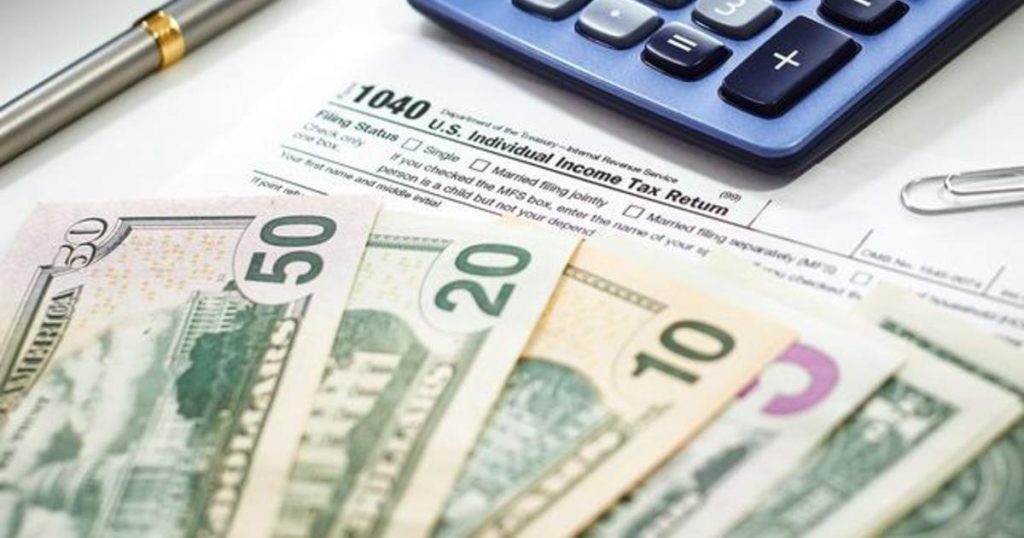As the April 15 tax filing deadline approaches, millions of Americans are scrambling to complete their federal tax returns. Many individuals delay working on their taxes due to stress or fear of owing money to the IRS. Mark Jaeger, vice president of Tax Operations at TaxAct, noted that some taxpayers may have experienced major life events or delays in receiving tax forms which have caused them to procrastinate filing their taxes. However, there is a solution to this problem: taxpayers can file for an extension, giving them until October 15 to submit their returns. This process is quick, simple, and free.
To request an extension, taxpayers can fill out Form 4868, a one-page document that requires basic information such as name, address, and Social Security number. Another option is to make a payment via the IRS website or through tax software, which automatically extends the filing deadline without the need to submit Form 4868 separately. It’s important to note that receiving an extension to file does not extend the deadline for paying any taxes owed to the IRS. Taxpayers are still required to pay their full obligation or as much as they can by the April 15 deadline to avoid penalties and interest.
Failing to pay what you owe the IRS can result in penalties. The IRS charges a penalty of 0.5% of unpaid taxes per month, up to a maximum of 25% of the total amount owed. Similarly, failing to file or request an extension by the April 15 deadline can lead to a fine of 5% of unpaid taxes per month, capped at 25% of the total amount owed. However, individuals who both fail to file and fail to pay will not be subject to both fines, as the IRS reduces the failure-to-file penalty by the amount of the failure-to-pay penalty for each month.
For taxpayers who are unable to pay the full amount owed to the IRS, the agency offers payment plans to help make payments more manageable. By setting up a payment plan, individuals can pay off their tax debt in installments rather than in a lump sum. Ultimately, filing for an extension can provide breathing room for individuals who are unable to meet the April 15 deadline, allowing them to avoid some of the penalties associated with late filing or late payment.















